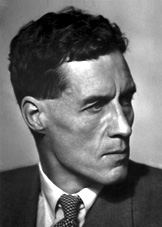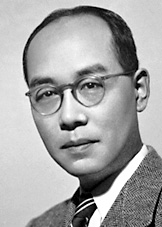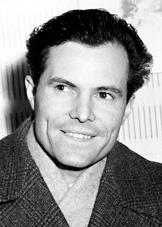搜索结果: 151-165 共查到“原子核物理学”相关记录210条 . 查询时间(1.937 秒)

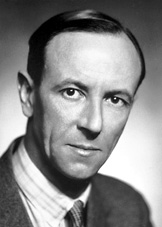
1935年诺贝尔物理得奖主James Chadwick(图)
neutron atomic bomb
2009/8/24
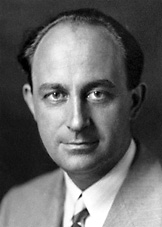
1938年诺贝尔物理得奖主Enrico Fermi(图)
neutron irradiation new radioactive elements nuclear reactions slow neutrons
2009/8/24

